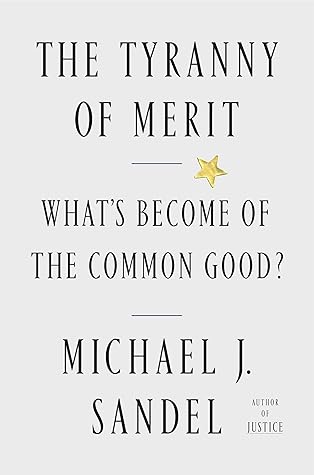Without defending the class-bound order that was passing, Young suggested that its moral arbitrariness and manifest unfairness at least had this desirable effect: It tempered the self-regard of the upper class and prevented the working class from viewing its subordinate status as personal failure.
Welcome back. Just a moment while we sign you in to your Goodreads account.


